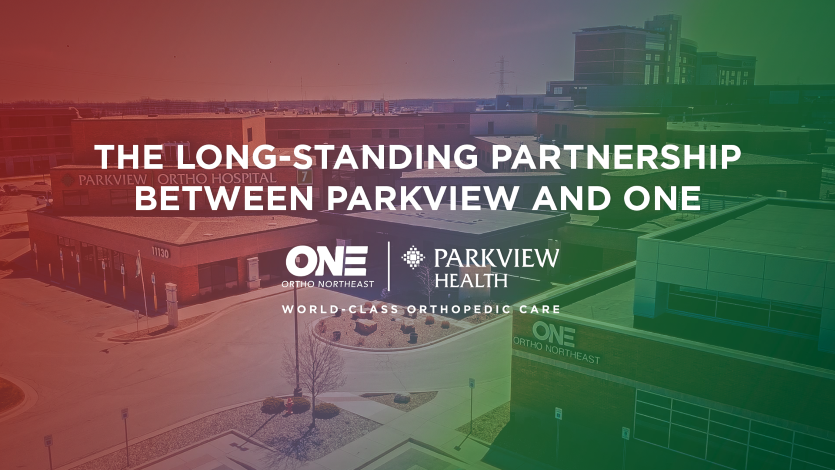Eating disorders involve serious disturbances in eating behavior, such as extreme and unhealthy reduction of food intake or severe overeating, as well as feelings of distress or extreme concern about body shape or weight. The four most common eating disorders are Anorexia Nervosa, Bulimia Nervosa, Binge Eating Disorder, and Other Specified Feeding or Eating Disorders (OSFED). Eating disorders currently affect approximately 32.5 million Americans, of which approximately 25-40 percent are male. Anorexia has the highest mortality rate among all psychological disorders.
Eating disorders do not discriminate between sex, class, race or age. They can and do happen to anyone. Contrary to popular belief, an eating disorder is not based on food. There are several contributing factors that may lead to the emergence of an eating disorder although no defined cause has been established. Contributing factors include:
- Biological factors. Eating disorders often run in families. The risk of developing an eating disorder is 60 percent determined by genetics.
- Social factors. Unrealistic pressures to obtain the "perfect" body; the constant influx of images of perfection; and narrow definitions of beauty.
- Psychological factors. Substantial co-morbidity with other mental health disorders, i.e. depression, anxiety, Obsessive-Compulsive Disorder, low self-esteem; and feelings of lack of control.
- Interpersonal factors. History of abuse; being teased for size or weight; traumatic life event(s); and difficulty expressing feelings and emotions.
An eating disorder can go unnoticed for a significant amount of time, and often, if it is recognized, denial usually follows, leaving the disorder still untreated.
If you suspect that you or someone you know has developed an eating disorder, please do not deny that a problem exists and try to get specialized, professional help as soon as possible. Learn about eating disorders and do not be afraid to talk to someone about your situation. Major health hazards may occur if an eating disorder goes undetected and/or untreated. Please know that help is available and recovery is definitely possible.
For assistance or more information, call the Parkview Behavioral Health Help Line at (260) 373-7500 or (800) 284-8439, anytime, 24-hours a day. Experienced specialists are available to guide you to the appropriate level of care – or resources – for your situation.




